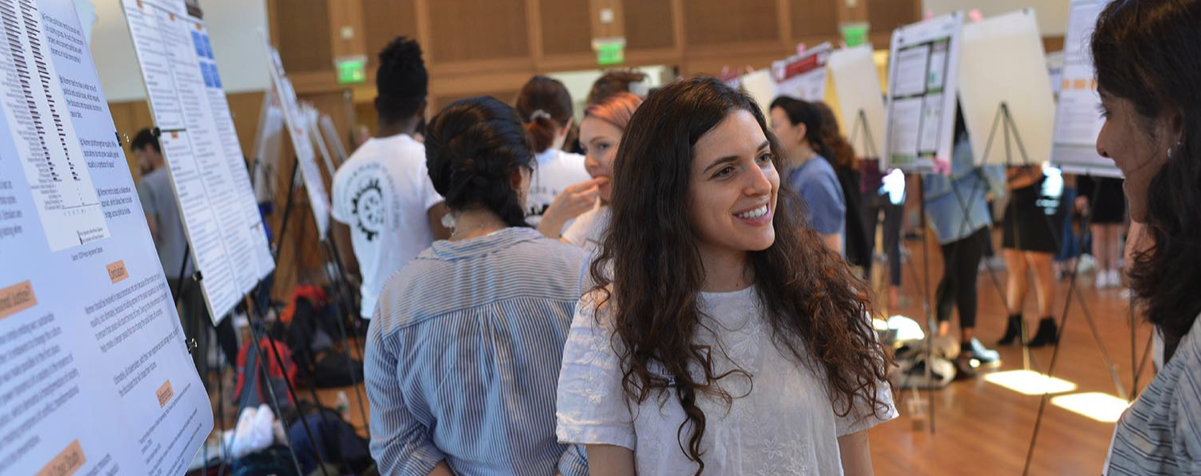Faculty Sponsor: Kyungmi Kim
Live Poster Session: https://wesleyan.zoom.us/j/8795481927
Abstract: The incidental self-reference effect (iSRE) refers to a memory advantage for information co-presented with self-relevant information (e.g., one’s own name) in the absence of any task demand to evaluate the information’s self-relevance. The iSRE has been suggested to be underpinned by preferential attention to self-relevant vs. other-relevant information, but this proposal is yet to be empirically evaluated. In the present study, we examined if and how the iSRE is related to attentional self-advantages in three distinct attentional networks (i.e., alerting, orienting, executive control) by administering both an iSRE memory task and the Attentional Network Test (ANT). In the iSRE memory task, participants showed better memory for words presented with their own name vs. their friend’s name, exhibiting an iSRE. In the ANT, they were faster at correctly judging the direction of a target arrow when spatially cued by their own name vs. their friend’s name, showing a self-advantage in attentional orienting network. There was no significant self-advantage for alerting or executive control network. Importantly, there was a marginally significant positive correlation between the size of the iSRE and the size of the self-advantage in attentional orienting. Though preliminary, our findings suggest that memorial and attentional self-advantages may operate via common psychological mechanisms.
Liu-Chiappetti-Li-Kim_PsycPoster_2023_FNL



